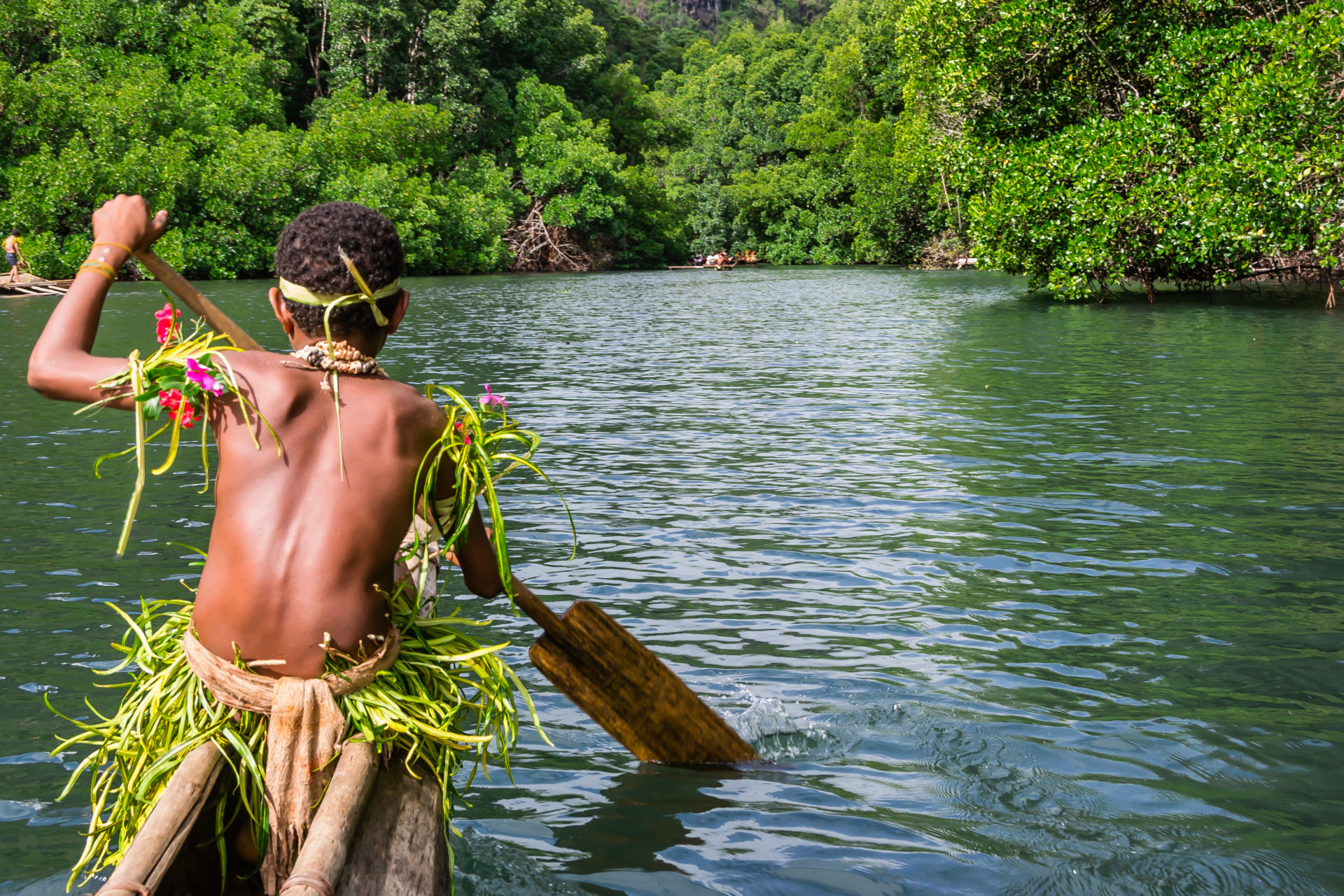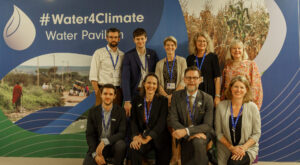Paving the way for a successful climate meeting
Between 31 May and 17 June, SIWI participated in the UN Climate Change subsidiary bodies session preparing for the climate meeting COP 26 in November. As an observer organization in the UNFCCC process, SIWI contributed expertise on topics such as the importance of civil society, indigenous peoples’ role in climate action, and sustainable water management.
“We must come to COP 26 ready to reach an agreement that protects people and nature from the impacts of climate change, that mobilizes finances, and that encourages cooperation across borders and society to deliver on the goals of the Paris Agreement,” the COP 26 President-designate Alok Sharma of the United Kingdom urged at the opening plenary. Many countries expressed a desire to progress from negotiations to implementation, and this sense of urgency was echoed by observer organizations. As one of the constituent groups put it, countries need to move “from positions to solutions.”
Building climate resilience
To recap, the Structured Expert Dialogue laid out the evidence for the rise in global temperatures and its fast-escalating impacts on the environment. Experts made it clear that decisive, concerted action based on the best available climate science is needed if we are to slow the pace of anthropogenic climate change. Even with the pandemic-induced lockdown around the globe, the temporary reduction in greenhouse gas emissions is nowhere near enough, and the only way the pandemic can contribute to reaching the goals is if the economic recovery incorporates a strong focus on decarbonization. The experts called for an integrated approach, where we at the same time focus on building climate resilience, not least for the least developed countries and small island states, where climate change exacerbates poverty and inequalities.
New methods for food security
Countries heard from experts during the Koronivia Joint Work on Agriculture workshop that agriculture is affected by climate change through changes in rainfall and water access, biodiversity loss and land degradation, which pose significant challenges for food systems. The use of land and water will have to be balanced to meet food security, other water needs such as energy production, as well as maintaining important ecosystem services. New holistic methods, such as agroforestry that takes water into account or prioritizing rainfed agriculture to ease the pressure on water resources in water-scarce regions, are key to adapting agriculture to climate change. At the same time, these improved land and water management practices can deliver other important benefits such as preventing soil erosion and increasing groundwater recharge.
Recognize indigenous knowledge
The Local Communities and Indigenous Peoples Platform dialogue elevated the importance of ensuring participation of indigenous peoples and local communities in national climate policies in view of their knowledge and positive values. Too often, both the rights and the knowledge of indigenous peoples are sidelined by policymakers. While there are some good examples of participation of indigenous peoples in national, regional, and local climate policy development, those examples are few and far between. The recognition of the contributions of indigenous peoples to building resilience, as well as recognition and protection of indigenous rights, is needed to involve and empower indigenous peoples both in the planning of climate action and its implementation.
While the conference made some progress and produced key takeaway messages for countries, there is still a lot of progress needed to set up the negotiations to succeed in Glasgow. One way the UK COP 26 Presidency will contribute to this is to convene a Ministerial level meeting 25-26 July in London in order to inject new political and diplomatic energy into the process. Countries have a lot to gain, and lot to lose, with the COP 26 in Glasgow. As noted by the UNFCCC Executive Secretary Patricia Espinosa at the conclusion of the conference, this COP meeting will be a credibility test, and leadership and trust are vital to making progress towards limiting climate change.








